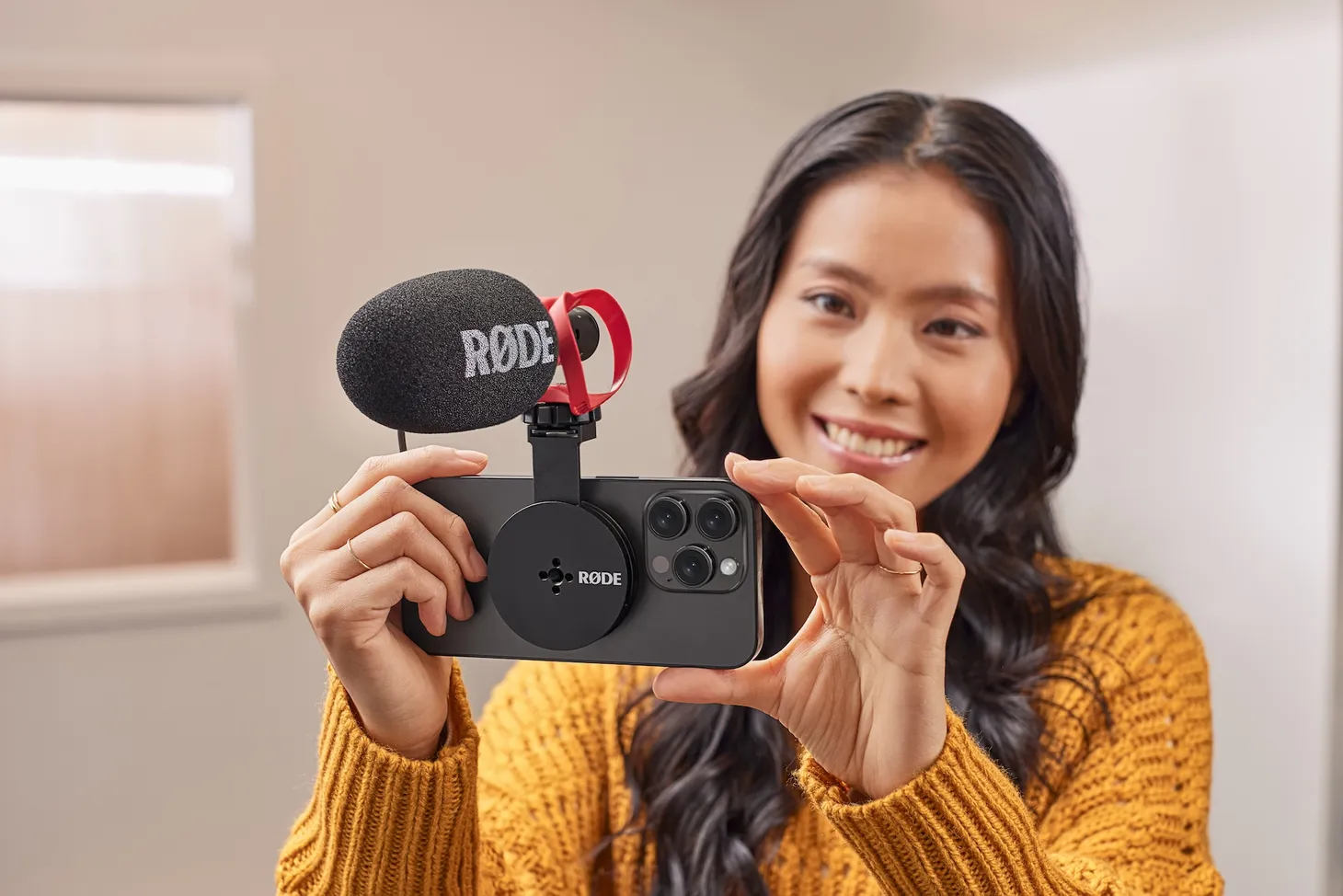The value of uninformed consent
Everyone thought they were getting free services in exchange for ads. But if the depth of the tracking involved was truly known to make the ads so good, would we really have agreed at the start?

I really hate it when things always come back to Facebook. But here we are, with the social network threatening to remove all news, local and global, from the feeds of all Australian users if the draft news media bargaining code is legislated.
My feelings about Facebook are well known here. But I can see why Facebook feels that scorched earth is its only option. I feel it’s a more honest and direct approach than Google’s effort to sew general fear about the ‘risk to free services’ without any clear sense of what exactly they’re threatening to take away.
Of course, Facebook and Google have zero interest in setting precedents here. We’re a small country when all’s said and done. Europe hasn’t done any better, and the track record on Google is that traffic losses have hurt media businesses. Here in 2020 there’s been some progress on news orgs building digital subscription models pretty well over recent years, so perhaps there’s a little more buffer now to weather a storm if the ‘tech giants’ as everyone keeps calling them pull the rug out.
But I think this whole bargaining code misses the real issue.
The media was beaten by the most amazing advertising engines ever devised. Microtargeted, instantly available ad networks at the scale of billions. Scale won the war for marketer dollars, but they also somehow avoided almost every level of regulation and oversight that traditional advertising is required to uphold.
That super ad engine has been built on creating deeply targeted user data that was in no small part based on the metadata it was able to build thanks to Facebook integrations and categorisations by media companies, their pages and the sharing of articles that came from well breadcrumbed news media sections.
Same for Google – our participation in using a Google account and allowing Google to refine its search based on our historic preferences also means the news we click on has helped it to refine its ad engine. Publishers have been a building block, but you could remove them from the foundations at this point and make little difference to how well targeted all our profiles will be in the future.
We all consented to give our data to these companies in exchange for free services. We also grasped that ‘free’ means ads, and over time many people have grown uncomfortable with how freakishly accurate the ads have come to be.
I think the most egregious problem is the one of uninformed consent on how our data was acquired and profiled.
The lack of plain language explanations for how our data would be tracked across the web, that our devices would be ‘fingerprinted’ so that even when we are not logged in we will be tracked? And even if we’ve never created an account these digital fingerprints would still profile us?
This kind of data monitoring and data mining should have clear regulations around it. But it has nothing of the sort. The digital world was a wild west, and mega-corporations were built in a way that embraced the lawlessness until they got big enough to make sure the laws were only ever written to suit their interests.
But we all deserve more. The GDPR tracking rules in Europe were a positive step for everyone, but the implementations are intentionally confusing to encourage us all to just click ‘Accept’ and be done with it.
It’s proving hard to put that data genie back in the bottle. So what about the way the ads are sold?
Automated advertising at scale is used every single day to spread lies and scams. Most untrained eyes can tell instantly which ads are the scams. I’m confident Kochie and Chris Hemsworth aren’t spruiking weird cryptocurrency opportunities on purpose. But when questions are raised with Google over these scam ads being an eternal problem they just shrug and say it’s very hard to stop them from appearing.
James Croft recently produced a brilliant Twitter thread that showed how Google has gone out of its way to make it incredibly difficult to report a scam ad. So much so that if you choose the option to report a scam it will lead you into a dead end. No, you have to practically read Google’s mind to find the right Choose Your Own Adventure process to get to the actual reporting mechanism.
This should be the easy part. Simple user reporting to help the whack-a-mole get done. But why is it even only ever an after the fact process? Why aren’t Facebook and Google held accountable for every dodgy ad placed on their networks?
Facebook and Google should not just get to wave their hands and say “but too big for us to look at *every* ad!!” And indeed, the lack of regulation is why the ads are so cheap, and the ads are a huge part of the damage done to civilised discourse.
If these ad systems were properly regulated and they were forced to have large scale human advertising management teams to appropriately approve ads across their sites and apps, then it might just be that other traditional media sales teams could have some chance against it.
Ads used to be about the quality of engagement and the quality of the audiences being reached. That idea was devolved into microtargeting at scale, and the marketers love it. But so do the scammers and the liars and the cheats.
It’s not just the media companies losing money. Aussies lose millions to scams every year. Scams that pay to advertise on search engines and social networks because they earn more than they spend. And the current regulations mean that Facebook and Google can treat these thieves as customers until they’re forced into accountability.
And that’s not even getting into the questions of microtargeted political and cultural messages, and the lack of visibility or oversight. When ads are microtargeted it’s very hard to even know who is trying to market ideas and who they’re targeting when they do so.
All made possible because we gave them our personal data for free.
This bargaining code is a Band-Aid to fix an ulcer. It might make a few people feel like they’re doing something, but it serves a few big players and does little to solve the issues of the future of media business models nor the power these platforms have over what we see, when we see it and how our habits are tracked to target us in ever more granular ways.
News
'Game of whack-a-mole': Spotify has a counterfeit podcast problem
Dozens of copycat podcasts distributed by Spotify-owned hosting platform Anchor.fm have swamped the ecosystem.
Apple accidentally approved malware to run on macOS
The ubiquitous Shlayer adware has picked up a new trick, slipping past Cupertino’s “notarization” defenses for the first time. Thankfully those same defences can shut down all relevant apps from working anymore remotely, but it’s a good reminder to stay vigilant about your security on whatever platform you may use.
Features
The underground cybercrime economy of hacked Fortnite accounts
Kids get their game accounts hacked all the time. Parents maybe don’t worry too much about it. Here’s how that issue of hacked game accounts has become a billion dollar criminal industry.
Everybody hates digital calendars, so everybody’s trying to build a better one
Too many people feel like they’re always late, always behind, and never have time to do real work. A bunch of startups are betting that better calendars are a key part of the future of work.
Great Ideas
Driverless ships don’t have to worry about crowded roads. And they don’t need bunks—or toilets.
Just Plain Cool
The Taste Gap: Ira Glass on the secret of creative success
An oldie but a goodie crossed my radar again this week. If you’re looking for inspiration when you feel like you’re not good enough, this is always a healthy reminder to keep going.
By Byteside
Curated news and insights on tech, science and digital culture.
In order to unsubscribe, click here.
If you were forwarded this newsletter and you like it, you can subscribe here.
Powered by Revue
Bowral NSW 2576 Australia
Byteside Newsletter
Join the newsletter to receive the latest updates in your inbox.



